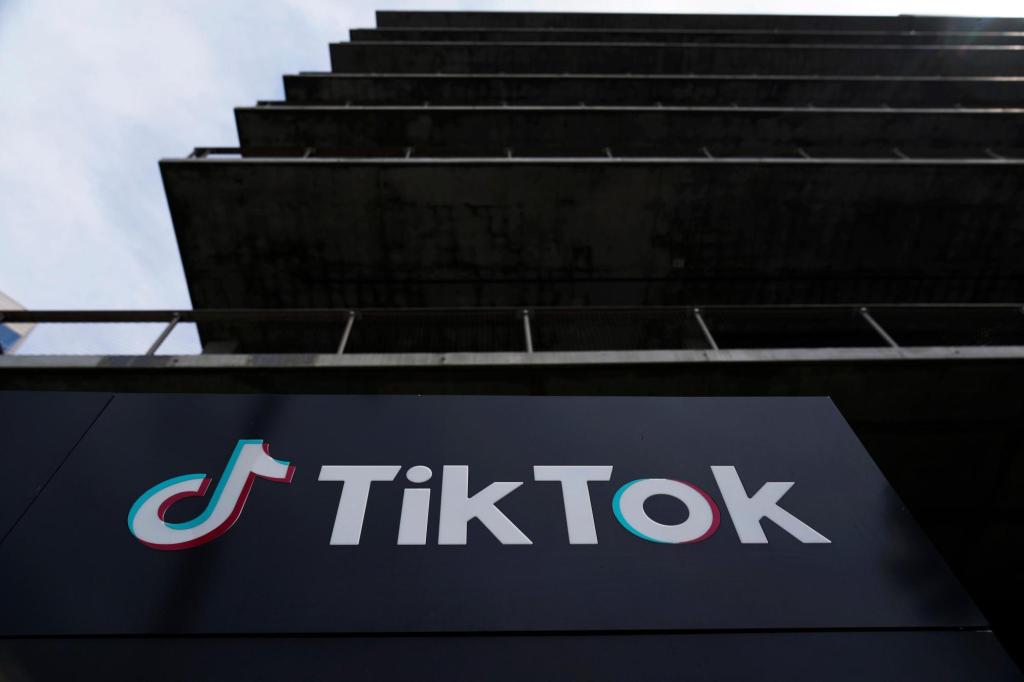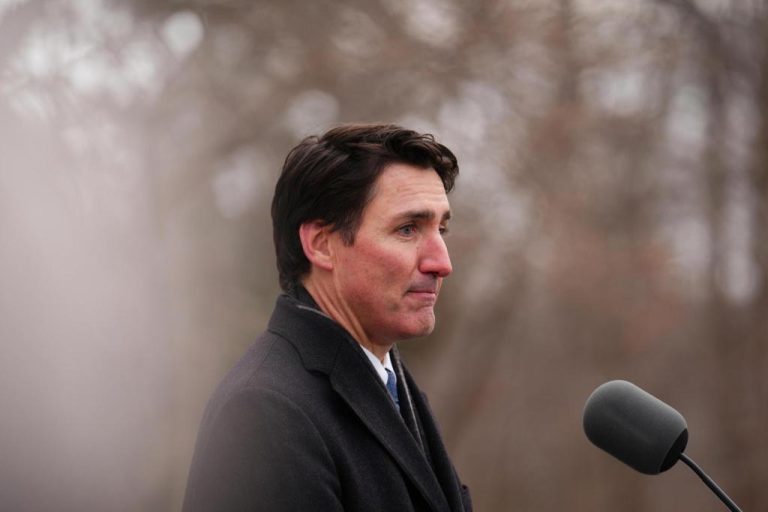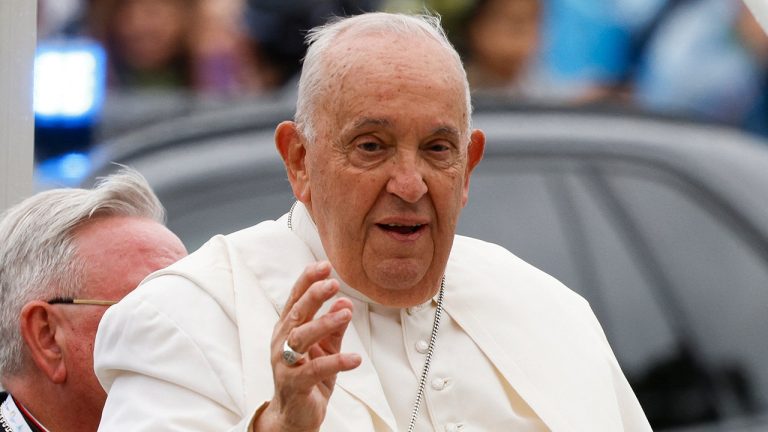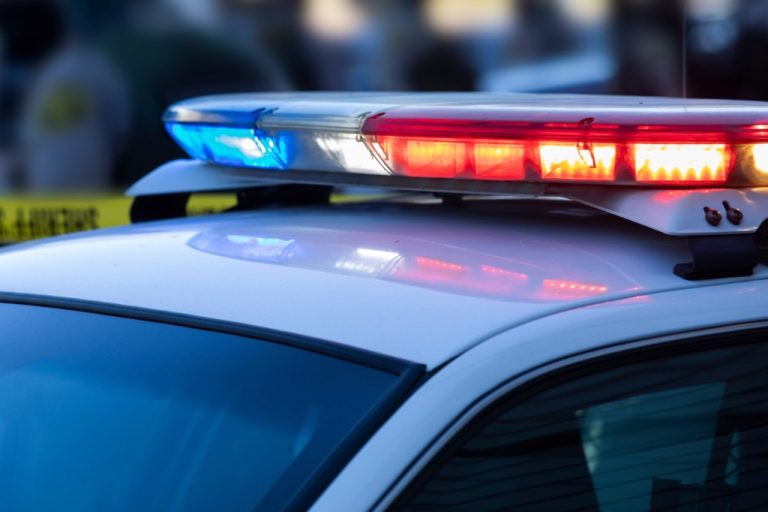

By MARK SHERMAN
WASHINGTON (AP) — TikTok on Monday asked the Supreme Court to step in on an emergency basis to block the federal law that would ban the popular platform in the United States unless its China-based parent company agreed to sell it.
Lawyers for the company and China-based ByteDance urged the justices to step in before the law’s Jan. 19 deadline. A similar plea was expected from content creators who rely on the platform for income and some of TikTok’s more than 170 million users in the U.S.
The companies have said that a shutdown lasting just a month would cause TikTok to lose about a third of its daily users in the U.S. and significant advertising revenue.
The case could attract the court’s interest because it pits free speech rights against the government’s stated aims of protecting national security, while raising novel issues about social media platforms.
The request first goes to Chief Justice John Roberts, who oversees emergency appeals from courts in the nation’s capital. He almost certainly will seek input from all nine justices.
On Friday, a panel of federal judges on the U.S. Court of Appeals for the District of Columbia Circuit denied an emergency plea to block the law, a procedural ruling that allowed the case to move to the Supreme Court.
The same panel had earlier unanimously upheld the law over a First Amendment challenge claiming that it violated free speech rights.
Without a court-ordered freeze, the law would take effect Jan. 19 and expose app stores that offer TikTok and internet hosting services that support it to potential fines.
It would be up to the Justice Department to enforce the law, investigating possible violations and seeking sanctions. But lawyers for TikTok and ByteDance have argued that the Justice Department might pause enforcement or otherwise seek to mitigate the law’s most severe consequences because President-elect Donald Trump pledged during the campaign that he would “save TikTok.”
Trump takes office a day after the law goes into effect.
The Supreme Court could temporarily put the law on hold so that they can give fuller consideration to First Amendment and other issues.
On the other hand, the justices could reject the emergency appeal, which would allow the law to take effect as scheduled.
The case has made a relatively quick trip through the courts once bipartisan majorities in Congress approved the law and President Joe Biden signed it in April.
Originally Published:





